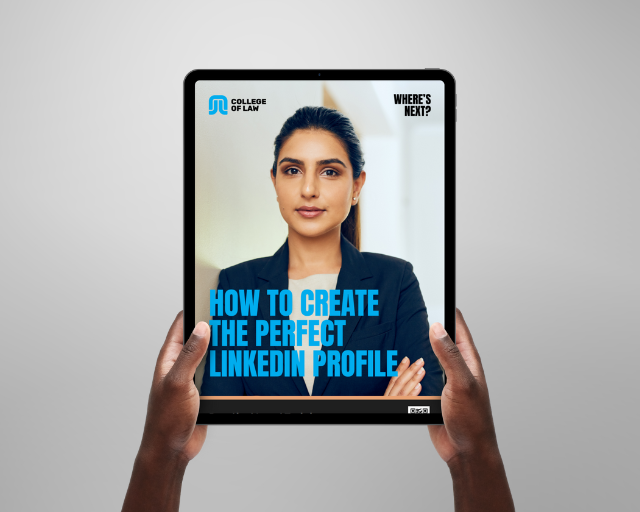Gap years aren’t just for students taking time off between gruelling final exams and university, or between semesters. Careers last a lifetime, and people have many reasons for taking time away from work - parental leave, non-profit pursuits, starting business ventures, or a year of adventure.
High Court Justice Michael Kirby often spoke fondly of taking a year away from practice as a barrister to adventure overland - through Singapore, India, Pakistan, Afghanistan, ending up in the Netherlands and London. Such experiences shape and change you, often taking your life in unexpected directions, and enriching your approach to work. You become far more than your technical skillsets. However, the return to work can be daunting for some.
We caught up with Susan Pincus and Ruth Beran, the College of Law’s National Career Strategists, to find out how to frame your career pause positively, ready for your return to work.
Returning to work after parental leave
Becoming a parent can be the most pivotal moment in your life.
“Having a baby can help sharpen skills such as empathy, EQ, compassion, patience, multi-tasking, negotiation, etc - all critical skills to return to the workforce,” Susan says. “One lawyer referred to it as ‘turning your leave into a leadership opportunity.’”
Down the track, and time permitting, parental leave can also provide an opportunity to showcase your involvement in a mini/passion project, study, or other interests.
“Consider taking up leadership roles through your children’s daycare, kindergarten, or school,” Ruth says. “This can add to your CV. You can also hone legal and non-legal skills through volunteering, networking, or joining industry associations or relevant Facebook or LinkedIn groups. For women, this could be your local Women Lawyers Association.”
“To ensure continued relevance in the market, lawyers can further build knowledge through study,” Ruth says. “Consider a micro-credential rather than a whole Masters qualification. It is important to stay in touch with your peers and colleagues and stay abreast of developments in the profession.”
“Parental leave can provide an opportunity for personal growth and exploration of interests outside of being a lawyer,” Susan says. “In one case, a lawyer used the time for reflection and broadening her interests in mindfulness, wellbeing, and teaching. As a result, she had a newfound sense of identity and purpose.”
Exploring opportunities adjacent to the law
Some lawyers use a career pause to explore opportunities adjacent to private practice - in-house, in government, or in other pursuits where a law degree is both useful and valued.
Doing so successfully comes down to honing your self-awareness, and your opportunity awareness.
“Self-awareness involves exploration around your interests, values, needs, skills, and experience,” Ruth explains. “Assess where your background and experience naturally align as a starting point. Consider how you would present yourself as a candidate of interest.”
“Opportunity awareness can involve researching alternative roles,” Susan says. “For example, reach out to lawyers in fields you’re interested in, and conduct informational interviews. This is where you are asking for an overview of what is involved in working in a particular area, as well as for advice. Sometimes this can even lead to job offers, but that is not the intention for asking for that information.”
Networking, mentor programs, special interest groups, and joining legal committees can also be valuable according to Ruth. “Desktop research and listening to podcasts can be useful, including reading relevant literature and publications. LinkedIn is a great resource,” Ruth says.
“If you’re unsure of your area of interest, consider scanning job ads in various fields, and look at the selection criteria to determine if there is a fit and interest,” Susan says.
Who is on your personal ‘board of directors’?
Returning to your career after time away can feel like a challenge. Seeking counsel from your own personal ‘board of directors’ can help.
“Seek out previous colleagues, managers, mentors – people who can support you and bolster your confidence,” Ruth suggests.
“Consider who is on your ‘board of directors - even draw a diagram of this, to know you are not alone,” Susan continues. “If you know people who have your back, ask them for support in your job search or have them as your accountability partner.”
Ruth recommends mock interviews as valuable tools to boost confidence and gain an appreciation of what is required when applying for a role.
“Coming from a foundation of your strength and achievements, and focusing on evidence and preparation gives people confidence,” Ruth says.
Focussing on tuning into your mindset can also be an effective tool according to Susan, and a useful way of managing self-doubt which we all experience at one point or another.
“One overseas lawyer coming to Australia focused on meeting people in the local community, attending events and workshops, even if they were unrelated to law,” Susan says. “She then looked at being of value and service to others through community volunteering. Through working at both the Youth Referral and Independent Person Program as well as the HIV/AIDS Legal Centre she was able to develop a number of key skills.”
No life experience is wasted and broadens your professional capabilities.
“Another lawyer spent time overseas straight after finishing her law degree and through this she gained exposure to different practice areas in a law firm including taking on marketing, business development, and event planning responsibilities,” Ruth says. “Upon returning from overseas, to ease her way back into the legal market, she became involved in Victorian Women Lawyers (VWL), did research, and stayed on top of developments in the profession. She was able to find a role in the profession not long after.”
Another lawyer Susan worked with came back to work after maternity being very clear when applying for roles that she needed flexible work arrangements. By being forthright about her needs she was able to successfully find work on these terms.
How can I study strategically?
Many lawyers consider further study. This can range from an LLM to shorter stints of focused upskilling. How can you study strategically to make the most of what you learn to advance your career?
“Even microcredentials or short courses (like CPD) can bolster a CV and demonstrate an interest,” Susan says. “Staying current and relevant in law is critical. Law-related courses like mediation and dispute resolution can be valuable too. Courses outside of law can also be useful.”
“Addressing any glaring or non-negotiable skill or knowledge gaps can be critical and demonstrate that you are doing something about it,” Ruth says. “Free online credentials through LinkedIn Learning (which is free if you have a local library membership) can also help.”










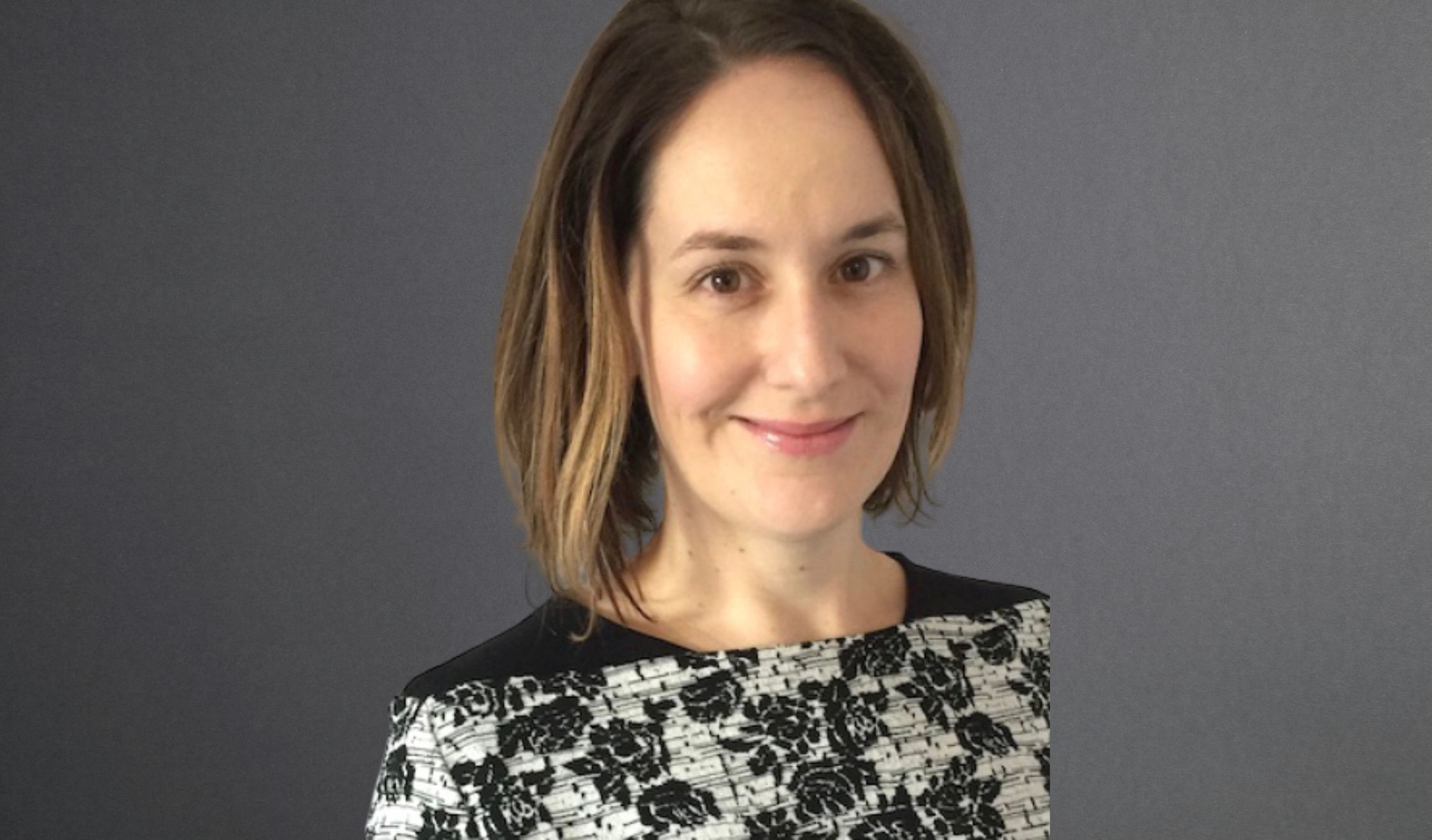




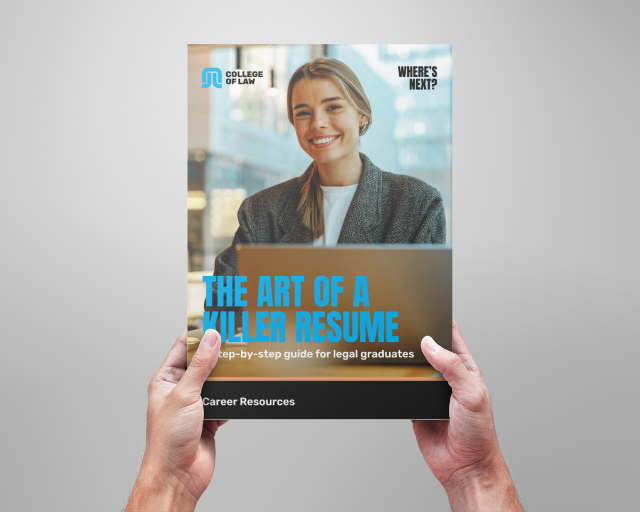






















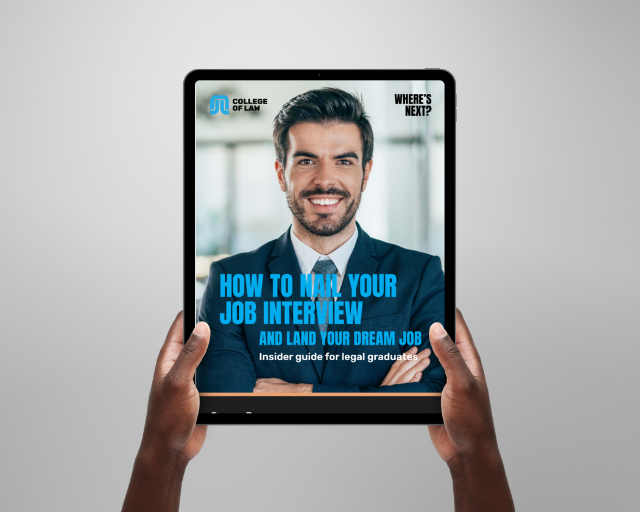
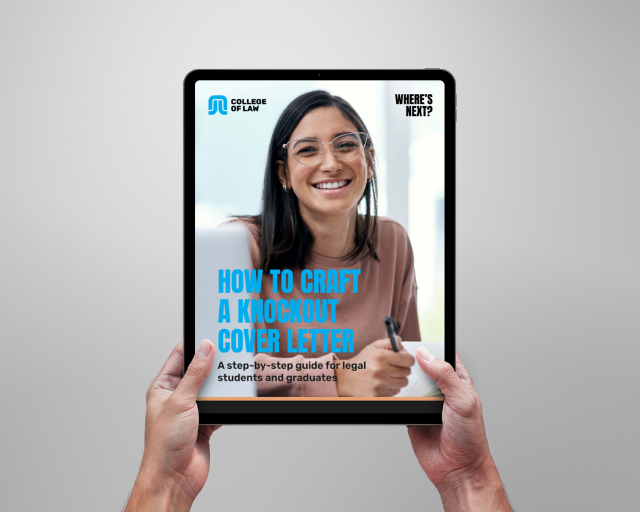




















![How to handle Direct Speech after Gan v Xie [2023] NSWCA 163](https://images4.cmp.optimizely.com/assets/Lawyer+Up+direct+speech+in+drafting+NSW+legislation+OCT232.jpg/Zz1hNDU4YzQyMjQzNzkxMWVmYjFlNGY2ODk3ZWMxNzE0Mw==)








